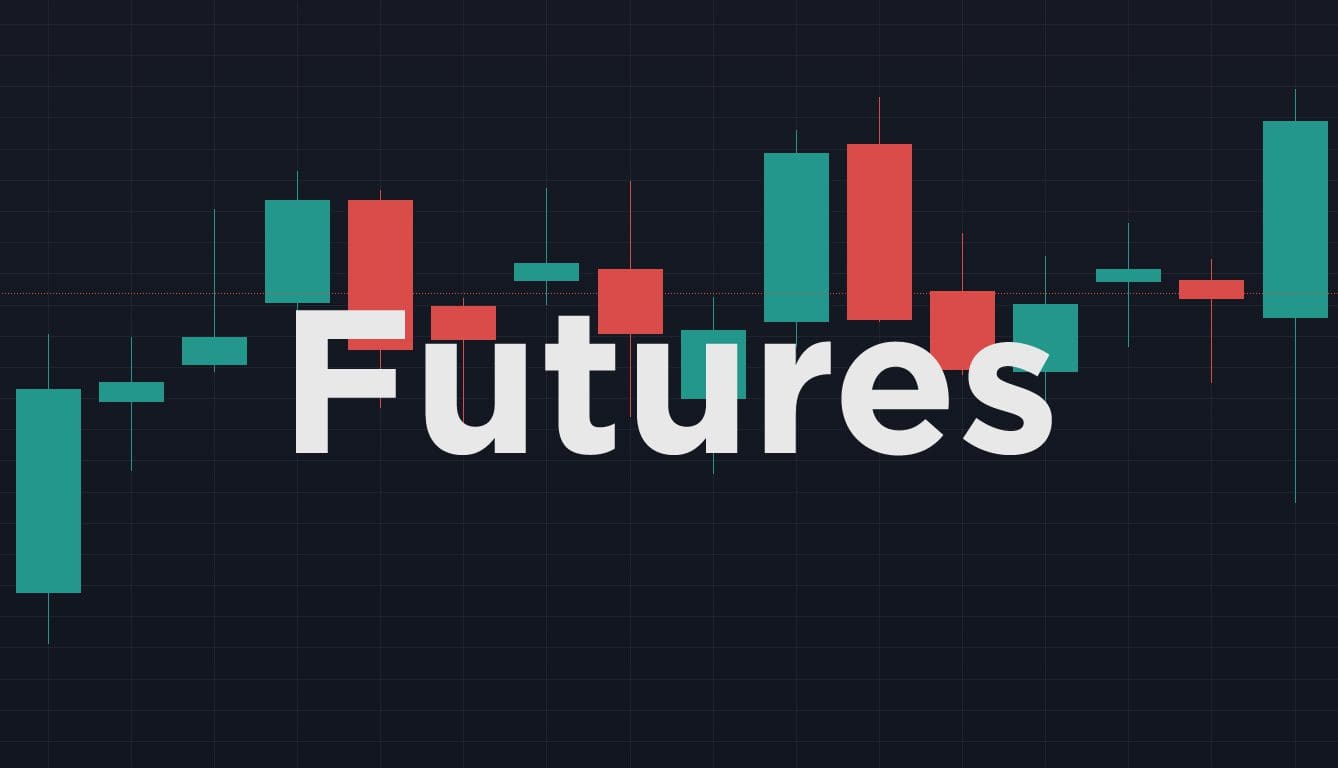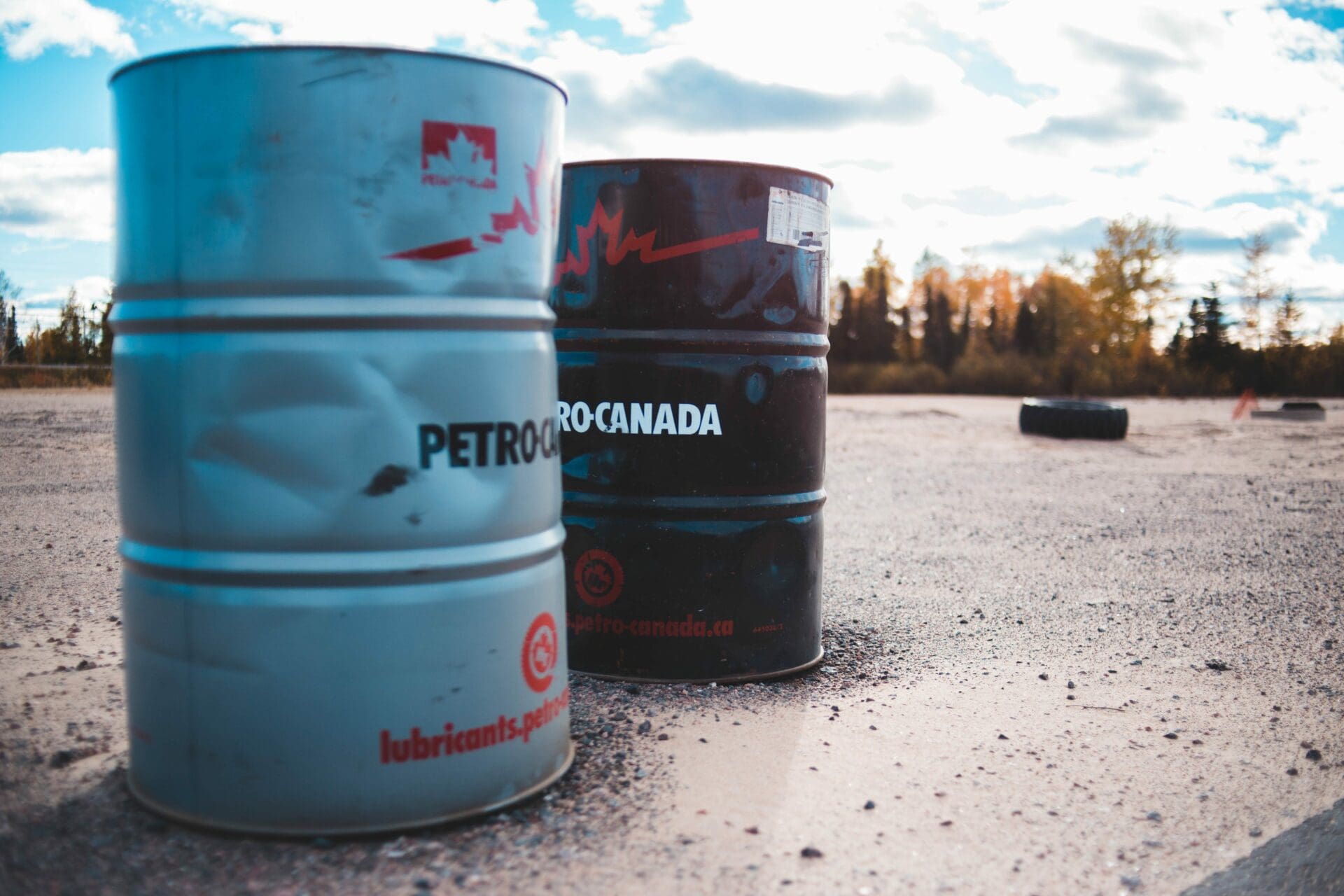Leggi questo articolo in Italiano

Futures contracts: a guide for beginners
By Gabriele Brambilla
Whether it be equities, commodities, fiat currencies or cryptocurrencies, futures are widely and continuously traded derivative instruments

Futures derivative instruments
We continue our study of trading by turning to futures.
The subject is not too complex but still needs to be treated with care: we enter the field of derivatives, a tricky place for less experienced investors.
As always, we will try to illustrate the subject with simplicity. However, we urge caution and advise novices against entering derivative instruments: in-depth knowledge is needed to avoid getting hurt.
Futures have long been available on numerous assets and markets. Cryptocurrencies are no different, but full integration is still being held back by volatility and the youth of the sector.
In this article, we will discover what futures are, including simple examples for maximum understanding.
By the end, we will have a clear understanding of the nature of these famous derivative instruments. Let’s get started!
Index
What are futures?
A futures is a derivative contract that creates obligations between two parties, buyer and seller. The first undertakes to buy something on a certain date and at a certain price. Conversely, the second must sell the subject of the future within the above parameters.
Let us break down the definition to understand it better.
First of all, we said that the futures is a derivative contract.
Derivatives are financial instruments whose value is linked ( derived) from another asset (called the underlying), be it a financial asset or a commodity.
Simply put: the value of the future is pegged to something else. You can find out more about financial derivatives here.
Moving on, we wrote that futures create obligations between the seller and the buyer.
The basic points on which one commits oneself are as follows:
- The expiration date of the futures, when the contract is actually exercised. In some products, such as perpetuals, this element is missing.
- The quantity of the underlying, i.e. ‘how much asset’ the buyer is to receive.
- The price. Actually, we should write ‘the price’. In fact, futures have two different prices: one is the sum agreed by contract; the other is the market price at a given time.
Thus, the futures contract generally has an expiry date and dictates the fundamental parameters that must be respected.
"The futures is a derivative contract that creates obligations between two parties, buyer and seller"
Examples and how to trade futures
Confusion? Let’s eliminate it with a case explained point by point.
Let’s take as an example a gold future with a three-month maturity.
The quantity involved is 1 ounce per future.
The price is set at $1,850.
By entering into this contract, we as the buyer will commit ourselves to buy one ounce of gold in three months’ time at a cost of $1850.
On the other hand, the seller will take it upon himself to sell the precious metal according to the terms just listed.
We will not be locked in in any way: we can safely sell the future during the period.
Should we reach expiry, we will have two options as to what to do:
- Physically receive the gold. This is usually never done because of storage and transport costs. Let’s think if the futures were on oil: although fun, it wouldn’t be great to see the courier arrive with a barrel of crude on his shoulder!
- Close the position by making one of the opposite sign. For many contracts this is the practice.
Now the question may arise , ‘But why do all this if I don’t want the asset in the end?’
We have to bear in mind that the future closely follows the price of the underlying. Therefore, it gives us the opportunity to invest in something that would be difficult to trade.
Let’s imagine oil again. If we were certain of its growth over time and wanted to invest in it, without futures we would have to physically buy it, store it somewhere, find a buyer and arrange delivery. Not to mention the various security obligations and formalities involved.
The futures allows us to trade without having to worry about the logistical and legal aspects.
Futures are also a great tool for companies and producers.
A farmer might buy wheat futures to hedge against a possible cataclysm that would jeopardise his harvest. Through futures, he would be certain to get a certain amount at maturity.
Or, an automobile manufacturer might buy futures on certain indispensable metals to hedge against future price increases.
In effect, a smart and forward-looking hedging strategy is put into practice.
At the same time, it is possible to operate with short positions, ‘betting’ on the loss of value of the underlying over time.
Our farmer friend, an expert in the trade, could expect a bumper harvest. Abundance obviously leads to a lower price for the same demand.
That is why a short on the wheat futures would bring a very good return. Of course, if the harvest goes bad there would be a loss on two fronts.
It is not as easy as it may sound: one has to make precise studies and calculations before acting. Futures are complex and high-risk instruments, not suitable for the inexperienced.

Futures markets and cryptocurrencies
We have maintained a general profile by mentioning gold, wheat and oil. However, futures are available on a huge number of assets: shares, other commodities, traditional currencies and so on.
Every day and everywhere in the world, ‘tons’ of them are traded.
In the United States, the best-known venues for futures trading are the New York Mercantile Exchange (NYMEX) and the Chicago Mercantile Exchange (CME), both part of the CME Group.
We have not mentioned the CME by chance: it is here that we find one of the most popular bitcoin futures.
In addition to it, there are several alternatives, such as Bybit, Bitget and OKX, for those wishing to trade cryptocurrencies via these derivative instruments.
We repeat: futures are complex instruments, intended for experienced traders and investors.
Difference between futures and spot markets
Before we close this in-depth study, let us see what the difference between futures and spot markets is.
As we have said, a futures is a derivative instrument that imposes certain obligations on the contracting parties. It does not involve the actual purchase of an asset, at least not until the expiry date. However, positions are usually closed out without there being any physical movement of the underlying asset.
The spot market is different, there is no derivative: by buying a share you take possession of it. By buying bitcoin we hold it on our crypto wallet.
Trading on the spot market starts and ends with buying or selling.
Futures are perfect for investing in logistically complex assets such as oil. Or they can be used to develop hedging or speculative strategies.
In the spot market we actually take possession of that asset. Therefore, it is a good choice in case we want to hold it for a long time, perhaps benefiting from company dividends or other advantages.
"Futures and spot: different markets with specific advantages and risks"
How to trade futures?
If equipped with the right knowledge and experience in the sector, we can certainly use futures to diversify our investment strategy.
To trade with these instruments in the crypto world, we have already mentioned some of the biggest names. If, on the other hand, you want to stay in the traditional world, for example by trading futures on equities or commodities, the most convenient and economical choice is one of the many brokers on the market.
Choosing the right broker is not easy, because it is not just a matter of comparing costs. In fact, we will have to weigh up the limits, the asset proposition,the reliability of the platform, the authorisations and much more. Generally speaking, we will have to look for the service from the offer that best suits our needs, giving utmost importance to security and compliance with local regulations.
In addition, it will also be necessary to consider taxes, because not all brokers ‘do our homework for us’: if a company is based outside of a country, we could have to think about declaring and paying any taxes due.
In short, the choice is very personal and requires the utmost care.
Futures: useful but complex instruments
Now that we know what futures are, be careful not to fall into easy temptations.
When it comes to derivatives, we should always be on our guard: they are not easy instruments, and we need to know them perfectly before considering buying them.
Unfortunately, many people throw themselves lightly into futures, thinking ‘In the end, the price is always that of the underlying’. Certainly, however, other factors come into play that could lead to losses.
Accompanied by the right knowledge, futures are valuable instruments and complement a broad and well-planned financial strategy.
Do you use futures or other derivative instruments? Tell us about your experience: we are always interested in finding out what our community thinks.